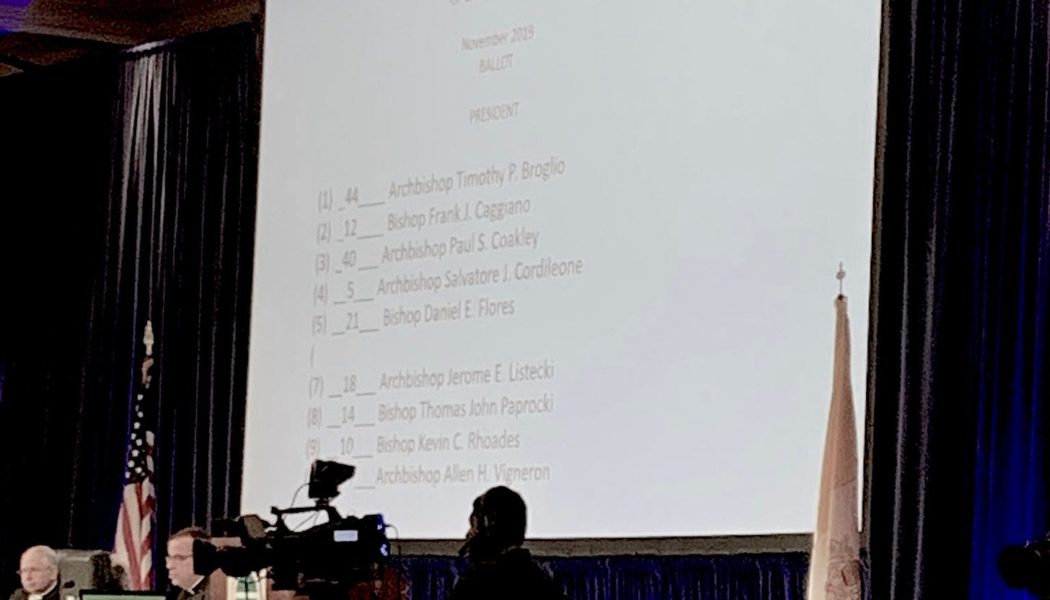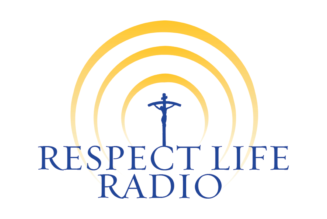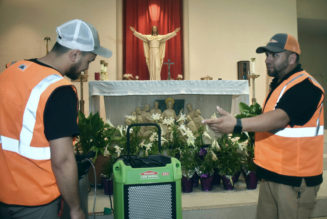The U.S. bishops’ conference on Tuesday announced the candidates for the leadership of six standing committees, and for the officer position of secretary, to be voted upon at their November plenary meeting.
The conference has been roiled by serious debate in recent years — and more debates over politics, healthcare, and finances are coming.

But the nominees announced Tuesday for officer and committee posts indicate much more about the cohesion of the U.S. bishops’ conference than about its divisions, suggesting that while the conference has been the locus of fractious debate in recent years, the debate has been lopsided, with the majority of bishops seeming to adopt a similar theological worldview.
The nominations also suggest that some U.S. bishops may have disengaged from their conference — and that in the years to come, the bishops’ conference could face a mounting challenge to its central role in the life of the Church.
—
It is reductive to impose upon bishops the paradigms of “conservative” and “liberal,” drawn from the crude divisions of secular politics, because the modes of thinking and acting in the Church are very different from those of political partisanship.
And it is immensely unhelpful to categorize — as some do — a set of bishops as “Pope Francis bishops,” because that rhetoric has been used by some prelates to suggest that they have claim to make authoritative interpretations of the pontiff and his ministry.
Nevertheless, there are times when terms like “conservative” and “progressive” can at least point to the rough contours of perspective or approach among American bishops.
And it is clear that there is division among the U.S. bishops, as exemplified by the positions they’ve taken on the recent Eucharistic coherence debate, on revising their “Faithful Citizenship” document, and on issues related to priestly formation and other issues.
But those divisions are mostly not reflected in the nominees for committee chairmanships announced this week.
With only a few exceptions, the bishops nominated this month to committee and officer positions can be seen to embody similar theological and ecclesial approaches, influenced by a similar set of theologians, by the theology of Pope St. John Paul II and Benedict XVI, and largely driven by a similar set of priorities.
That marks a change from the meetings of recent years, in which several chairmanship races featured pronounced differences of theological outlook or pastoral approach.
What to make of that?
First, that while there the 2021 Eucharistic coherence debate revealed sharp division among the bishops, it’s not a 50-50 split, and not likely to be in the years to come — nominations reflect that the majority of the conference maintains a common theological approach.
Second, in the wake of conflict at the conference, it seems increasingly clear that the cadre of bishops affiliated with Cardinals Blase Cupich, Robert McElroy, Joseph Tobin, and Wilton Gregory has turned its focus away from the bishops’ conference, and more on building other avenues of influence in the life of the Church.
Cupich, of Chicago, has an interesting recent history with the USCCB.
In January 2021, Cupich raised objections at the Vatican to a planned statement from conference president Archbishop Jose Gomez, which the Vatican intervened to spike, before it was eventually released.
Later that year, Cupich reportedly encouraged the Holy See to intervene in the bishops’ deliberations on a statement on the Eucharist, while at the same time, he helped to organize a letter to Gomez urging that the topic be dropped from the conference agenda. Sixty bishops were initially listed as signers of the letter, although some later said they had not agreed to put their names on it.
And in 2018, after the Vatican intervened to stop a USCCB vote on a proposed sexual abuse policy, Cupich quickly submitted an alternative plan to the bishops, which he had allegedly presented to Vatican officials along with Cardinal Donald Wuerl, even before the conference’s own proposal was spiked — although the cardinal said that account of things was false.
But while the cardinal lamented “internal institutional failure” at the conference in 2021, and pledged to “contributing to all efforts” to “address” its reform, it now seems likely the cardinal has turned his attention to other areas — given that efforts to see like minded bishops elected to leadership positions have not been successful.
So if Cupich and likeminded bishops are not running for conference positions, what will they do instead?
First, continue to build and exercise influence in Rome.
It’s worth noting the stark theological differences between the U.S. bishops appointed by Francis to the synod on synodality, and those elected by the USCCB.
Leaving out Cardinal Sean O’Malley, who has his own relationship with the pope, the other men appointed by Francis are Cupich, Gregory, Archbishop Paul Etienne, and McElroy — all generally expressing the same theological paradigm.
By contrast, the bishops elected by the USCCB fall almost entirely into the “conservative” camp.
The contrast emphasizes both the differences in perspectives, and the unique available avenues of ecclesial influence — with no traction at the bishops’ conference, the “progressive” bishops could nonetheless rely on influence in Rome to get them seats at the synod on synodality.
At the same time, Cupich has also made efforts to shift the Vatican’s approach to engaging with the U.S. — away from the bishops’ conference, and towards the Church’s metropolitan archbishops, over whom the cardinal has more influence.
The Pillar has reported previously that Cardinals Blase Cupich and Joseph Tobin, members of the Vatican’s Dicastery for Bishops, have outsize influence on the appointment of bishops in the U.S. — and that they’ve mostly exercised that influence to see like minded bishops appointed to metropolitan sees, many of which will see turnover in the next two years.
At the same time, The Pillar has reported that Cupich has seemingly made efforts to see the country’s metropolitans become more regularly consulted on ecclesiastical affairs, in place of the conference’s leadership structure.
Given that the USCCB is a no-go for the Cupich camp, it seems reasonable to expect that Cupich will continue to urge a more “metropolitan” form of consultation whenever possible.
—
Does any of this matter?
Yes.
While the annual plenary meetings draw the most attention, much of the work at the U.S. bishops’ conference is done by staffers, who are held accountable to the conference strategic plan, which sets priority and agendas for the work the conference will do.
Committee chairs are elected by the body of the USCCB. But the chair candidates are selected by the Committee on Priorities and Plans, selected from among nominees made by bishops across the country. In some cases, it can be tough even to get two candidates willing to stand for a committee chairmanship. But in other cases, the committee has several names to choose from — and its deliberations on candidates can frame the choices of the bishops.
The chairmen of the 17 standing programmatic USCCB committees can have a great deal of emphasis on how work gets done at the bishops’ conference. The conference has taken pains to ensure in recent years that it not become a “staff-driven” institution, and that bishops take the helm of conference work as often as possible.
In practice, committee chairs work closely with staffers, and can have a considerable influence on how work gets prioritized — or not — and how it is approached. When committee chairmen and staffers form the right partnerships, they can have sway on what the conference promotes or doesn’t, how it interfaces with dioceses, and what day-to-day projects can be accomplished.
There are numerous formal limits to what committee chairmen can do, of course. But the positions do have impact on the Church, in part because they include admission to the conference’s administrative committee, which has impact on USCCB meeting agendas and other serious decisions.
Disengagement from “progressive” bishops in the affairs of the bishops’ conference likely means fewer polemics at future meetings, and more opportunity for the majority of the U.S. episcopate to use the conference and its resources for the projects most important to them — at least to a point.
But if “progressive” bishops eventually tire of a conference acting in ways with which they disagree — or decide they have the numbers — they could decide to re-engage more seriously in the affairs of the USCCB.
The first sign of that reengagement?
More sharply contested elections, for the committees which matter most.
Comments 54
Services Marketplace – Listings, Bookings & Reviews








